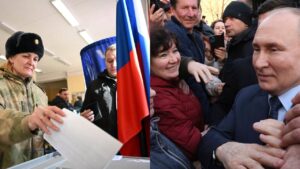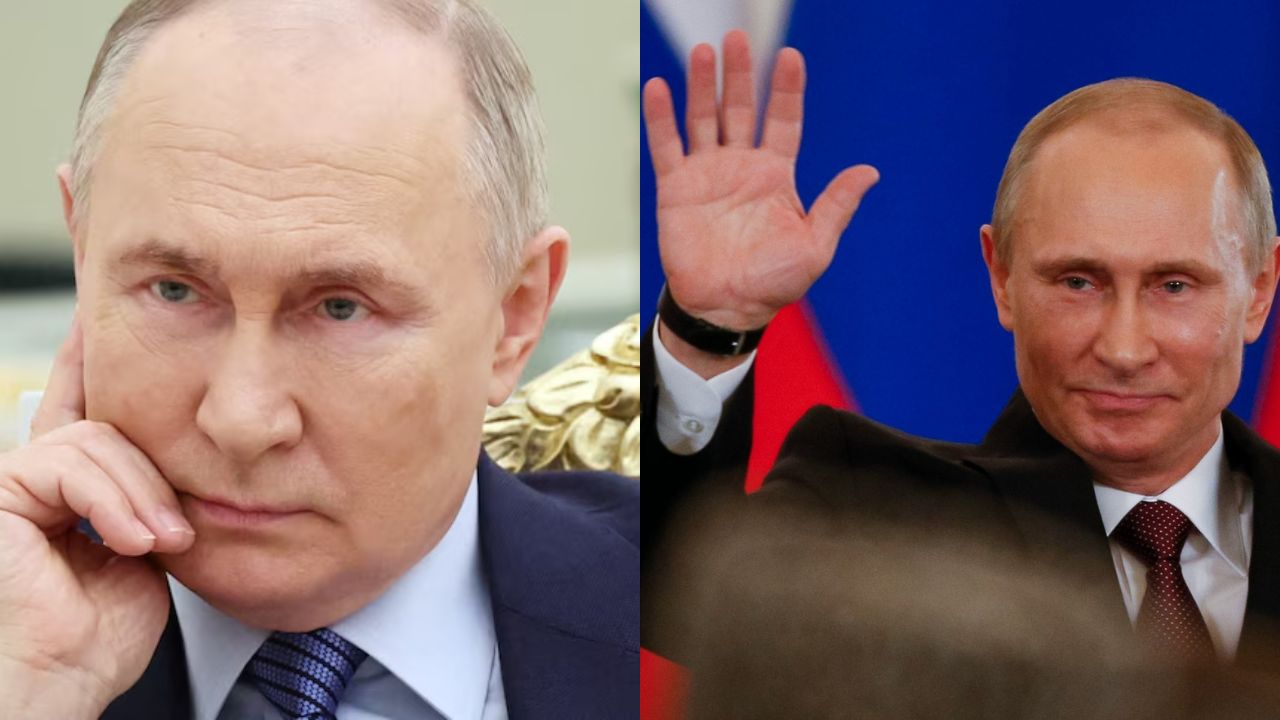According to exit polls released by the government-affiliated VTsIOM pollster on Sunday, Russian President Vladimir Putin appeared poised to claim victory in the presidential election. The polls suggested that the 71-year-old leader had secured a significant majority, estimated at 88% of the vote during the three-day election period, where genuine opposition candidates were notably absent.
These exit polls were made public following the closure of polling stations in Russia’s westernmost region of Kaliningrad on Sunday evening. If these results hold true, it would represent a significant milestone for Putin, surpassing his previous record of 76.7% of the vote in the 2018 presidential election.
Such an achievement would solidify Putin’s status as Russia’s longest-serving leader in over two centuries, even surpassing Josef Stalin. However, it’s important to note that international observers did not monitor the election process across Russia’s vast expanse, spanning 11 time zones.

Amidst the election proceedings, the specter of conflict loomed large due to Putin’s controversial decision over two years ago to initiate what has been termed the deadliest European conflict since World War II: the full-scale invasion of Ukraine, which he describes as a “special military operation.”
Reports emerged during the electoral process of alleged Ukrainian missile and drone attacks targeting several regions within Russia, resulting in casualties.
In response to the exit poll results, Ukrainian President Volodymyr Zelenskyy condemned Putin’s leadership, branding him as a power-hungry “dictator.” Zelenskyy took to social media to express his views, stating, “It is evident to the global community that this individual— a narrative repeated throughout history— is consumed by an insatiable thirst for power, resorting to any means necessary to perpetuate his personal reign.”
The United States joined in condemning the Russian election, asserting that it was “clearly neither free nor fair.” They pointed to Putin’s imprisonment of political adversaries and the hindrance of potential opponents from participating in the election process.
Similarly, Germany’s Foreign Ministry echoed these sentiments, anticipating the election outcome and criticizing Putin’s authoritarian governance, marked by censorship, repression, and violence. The ministry further declared the “election” in Ukraine’s occupied territories as lacking legitimacy and constituting yet another violation of international law.

